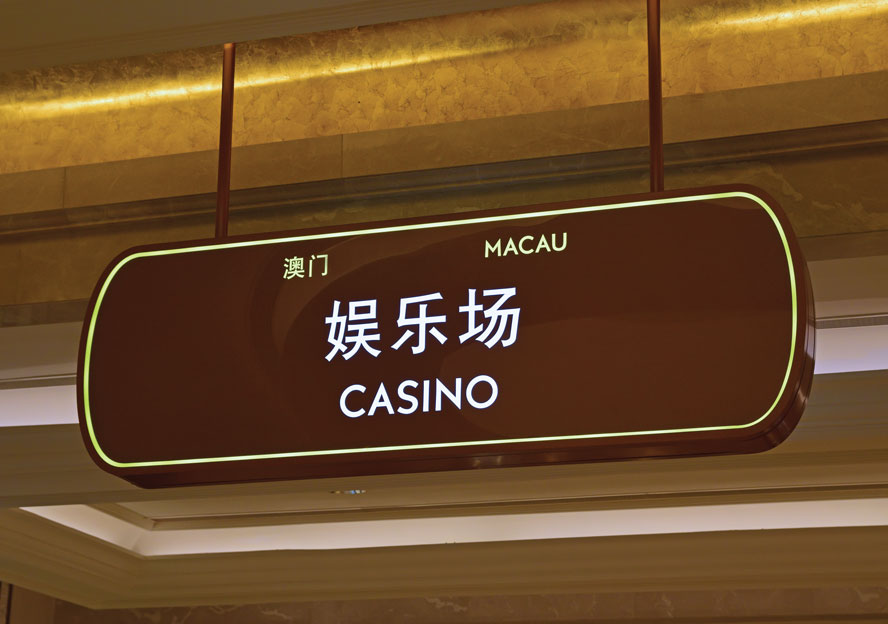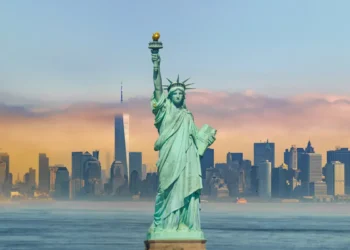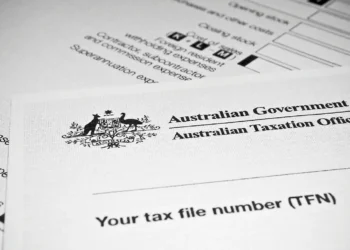While release of the Macau government’s position paper on changes to the gaming law have eased investor concerns, it has also revealed the absence of any near-term plans to allow sports betting in the city’s casinos.
 The release of the Macau government’s draft bill on changes to be incorporated into its general gaming law has allayed many of the concerns expressed by industry stakeholders during the consultation period.
The release of the Macau government’s draft bill on changes to be incorporated into its general gaming law has allayed many of the concerns expressed by industry stakeholders during the consultation period.
Based on details published in mid-January, the revised gaming regulatory framework is both supportive and relatively benign, at least for the incumbent concessionaires. Less so for junket promoters and satellite casino operators, for whom the future looks decidedly bleak.
 What commentary on the proposed new law seems to have missed is what will not be legislated, barring any to-date unannounced measures. Sports betting has enjoyed remarkable growth in the US since the advent of the COVID-19 pandemic. In New Jersey, sports betting represented more than 17% of its casinos’ gross gaming revenue in 2021. In Nevada, for the year ended November 2021, sports betting revenue rose a staggering 84% from the prior year and represented 11.5% of gaming revenue from table counter and card games. More than 40% of the sports betting revenue derived from wagering using personal devices, such as phones and computers.
What commentary on the proposed new law seems to have missed is what will not be legislated, barring any to-date unannounced measures. Sports betting has enjoyed remarkable growth in the US since the advent of the COVID-19 pandemic. In New Jersey, sports betting represented more than 17% of its casinos’ gross gaming revenue in 2021. In Nevada, for the year ended November 2021, sports betting revenue rose a staggering 84% from the prior year and represented 11.5% of gaming revenue from table counter and card games. More than 40% of the sports betting revenue derived from wagering using personal devices, such as phones and computers.
Sports betting has not been permitted in Macau’s casinos, principally because it has been classified as a “game of chance offered to the public.” Under current law, games are classified as either “games of chance” – traditional casino game such as baccarat or blackjack – or “games of chance offered to the public” which includes sports betting, bingo, lucky draws and lotteries. The latter, as well as pari-mutuel betting, are prohibited in casinos.
 A further constraint was the concession to offer betting on football and basketball games, held exclusively by Macau SLOT Co Ltd until June 2021, when it became non-exclusive for the remainder of its term, which ends in 2024. Although Macau SLOT no longer holds an exclusive license to offer sports betting in Macau, the fact that sports betting cannot be offered on casino floors at all is likely to deter any rival candidates from entering the market.
A further constraint was the concession to offer betting on football and basketball games, held exclusively by Macau SLOT Co Ltd until June 2021, when it became non-exclusive for the remainder of its term, which ends in 2024. Although Macau SLOT no longer holds an exclusive license to offer sports betting in Macau, the fact that sports betting cannot be offered on casino floors at all is likely to deter any rival candidates from entering the market.
The actual definition of “games of chance offered to the public” is also contentious given it applies only to games with results wholly determined by the luck of players, such as lotteries and lucky draws. Luck is certainly not a dominant feature in determining the outcome of sports events, as borne out by Nevada’s casino sportsbooks having a hold percentage of 6% in 2021, compared with games of pure chance, such as roulette, which had a casino hold rate of almost 20%.
The opportunity should be taken to clarify the position on in-casino sportsbooks, and how they might receive bets. Currently mobile devices are not allowed to be used to place bets, due to a prohibition on interactive games being conducted within the casinos. One possible workaround would be to geo-fence the casino gaming areas and allow mobile devices to be used within those areas to participate in games offered on the casino floor. Bets placed using mobile devices accounted for more than 40% of all sports betting revenue in Nevada in 2021, a percentage which has been on the increase.
Attempts were made more than a decade ago to introduce mobile gaming to Macau’s casinos. Nevada introduced mobile gaming systems and devices into its casinos in 2006. Its 15 years of experience with mobile devices and its relevant regulation and equipment standard suggest that no reinvention of the wheel would likely be necessary if Macau was to be open to such technology being deployed.
Another matter apparently to be left out of the new law is enforcement options available to the Gaming Inspection and Coordination Bureau (DICJ) if a concessionaire is non-compliant with a gaming law, regulation, Order or Instruction.
Currently the concession contracts provide for unilateral termination by the government should particular circumstances of non-compliance arise. Some laws, such as those dealing with money laundering and terrorist financing, contain specific penalty provisions for breaches. However, there is no certainty about the disciplinary process, or consequences, associated with many potential events of non-compliance. For example, suppose a concessionaire failed to comply with a mandated internal control, occasioning the theft of access control passwords or cards. There should be a clear and proportionate disciplinary process available to the DICJ, one which is known in advance to the concessionaires so that they can prioritize their compliance activities.

Perhaps the only discordant note in the explanation of the proposed revisions was struck by the shortening of the concession term to 10 years, or exceptionally, up to 13 years. This shorter term invites curiosity as to what the government expects tenderers to offer when the concessions are re-tendered after June. The concessions granted in 2002 only required concessionaires to commit to a minimum investment of MOP$8 billion for an 18 to 20-year term, in addition to modest annual premiums, and payment of tax and levies for social purposes. To date, the government has given no indication as to what it will require tenderers to offer, aside from an oft-repeated mantra about non-gaming investment.
Given the present commitment of both the SAR and Central governments to a COVID-zero policy, it is difficult to see how a 10-year concession term, seemingly to start while the pandemic is still running, is likely to attract any new bidders. Macau’s gross gaming revenue in 2021 was almost US$3 billion lower than state-wide casino revenue in Nevada. Macau’s junket business, a mainstay in 2002, has now atrophied to the point that its future contribution is likely to be little more than a rounding number on Macau’s GGR. The casinos cannot offer sports betting or interactive gaming, and there is no suggestion that position will change.

It is now official that there will be limits on gaming tables and machines, such as were introduced in 2013. This tells any new entrant (who will have to replace an existing concessionaire) that the supply side will not be allowed to grow without restriction post the tender awards.
Clearly the current market in Macau is over-supplied with tables and machines. A bounce-back to the glory days of 2013/14 won’t happen, but even if it did its longevity would likely be limited to the outbreak of the next pandemic.
Of course, it is conceivable that the government doesn’t want new entrants. The failure of Japan to get out of the starting blocks may make Macau at least superficially attractive to new operators, but the attraction is not what it was in 2002. What’s not to like about, say, Nevada? No time-limited licences, an 8% tax rate on GGR, ability to write off bad markers against GGR, great connectivity, a contemporary regulatory approach to sports betting, mobile gaming and interactive, and a source market which can continue to travel even in pandemic times.































